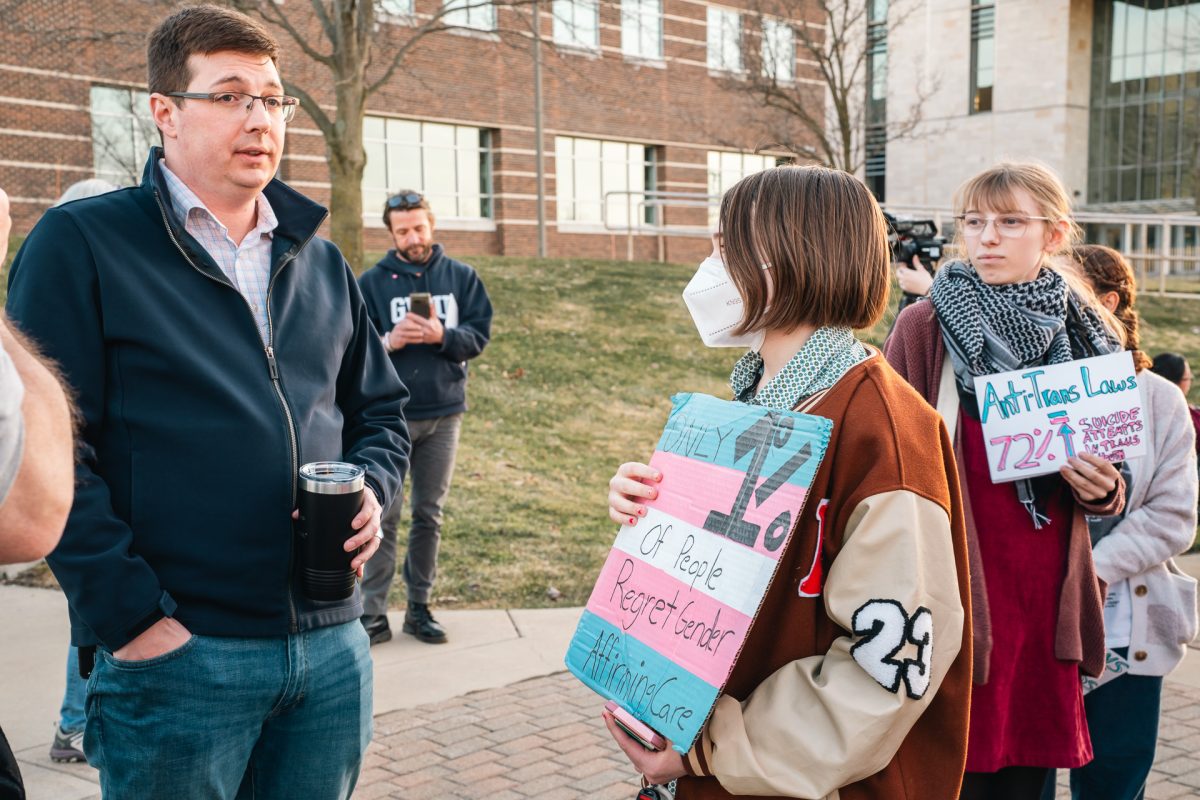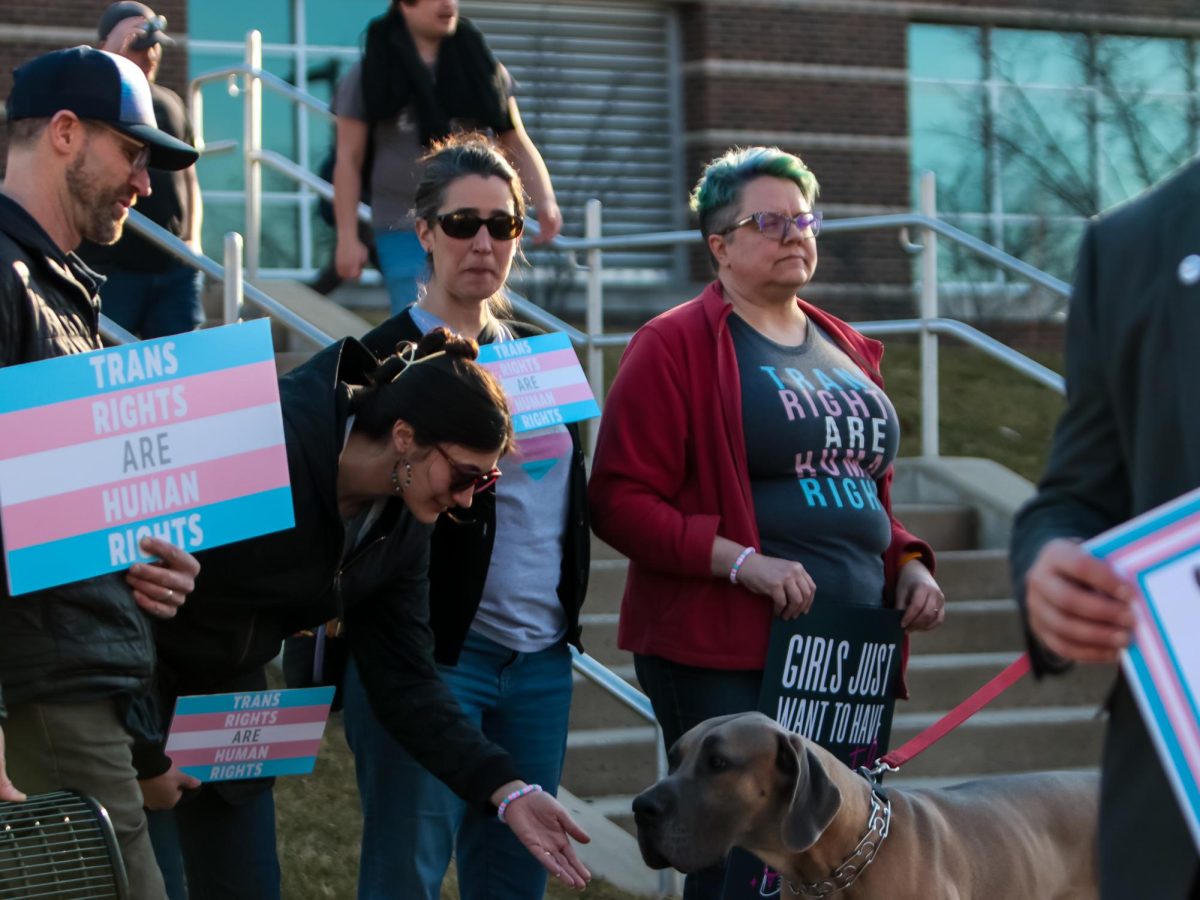Michigan Governor Gretchen Whitmer expressed her desire to have parts of the Affordable Care Act (ACA), commonly referred to as “ObamaCare,” codified into state law in her “What’s Next Address’”on Wednesday, Aug. 30.
In Whitmer’s view, the sweeping Obama-era legislation still offers value to Michigan.
“This fall, let’s codify the common sense, cost-saving measures of the ACA, including protections for pre-existing conditions so you can’t be charged more for cancer, diabetes or being pregnant,” Whitmer said.
In addition, Whitmer said she hopes for better attention and focus to be placed on reproductive rights.
“But there are still other bad laws that put politically-motivated, medically unnecessary restrictions on abortion,” Whitmer said. “This forces patients to drive hundreds of miles for care or mandate that they receive biased, inaccurate information about their health.”
Professor Darren Walhoff of GVSU’s Political Science Department sees the ACA as a way to protect those with pre-existing conditions, a point about which Whitmer also felt strongly.
“The ACA prohibits insurers from denying coverage to someone because of a pre-existing medical condition which was a common practice prior to the passage of the ACA,” Walhoff said.
For students, the most obvious benefit of the ACA is its provision to allow anyone under the age of 26 to remain under their parent’s health coverage. Since most students at GVSU are under this age and do not have a job that provides adequate healthcare benefits, Whitmer’s proposition offers them real value.
“This probably affects students the most without them even knowing about it, since many of them remain on their parents’ insurance without really ever thinking about this fact,” Walhof said.
As Walhof sees it, medical costs in the U.S. continue to rise at an unreasonable rate while many rural residents do not have access to specialized care. If the ACA were repealed or weakened, he believes it would harm the population greatly.
“The percentage of the population without access to healthcare would rise again,” Walhof said.
Jacob Welch, president College Democrats at GVSU stressed the importance of the ACA, aligning himself with Whitmer’s views.
“Obamacare is an amazing program,” Welch said. “At the time, (it) was an expansion of benefits to cover pre-existing conditions and factors outside of people’s control so that they were able to receive the basic healthcare that me or you are expected to have.”
As far as the allowance of anyone under 26 to remain under their parent’s healthcare coverage, Welch said this provision allows students specifically the freedom to pursue their education.
“ACA coverage helps students by allowing us to focus on our studies rather than having to secure some faraway job that becomes our main concentration,” Welch said. “It also allows those from different backgrounds to step foot into this place of higher learning.”
Welch said he agrees that the ACA being codified into state law can only provide a net benefit to the people of Michigan.
“If the ACA were repealed, we’d definitely face a far greater challenge with healthcare,” he said. “I won’t sugarcoat it, but people would die.”
Whitmer has called on lawmakers to consider these same ideas, amongst others, in their pursuit to protect the citizens of this state. While healthcare often sparks different reactions according to party values, many agree the state of healthcare at large in the country can be “shaky at best.”
“The ACA is great, but it’s only the beginning,” Welch said. “We must continue to fight for the many different faces of America, and we must ensure that everybody is guaranteed a place in our hospitals.”
For Welch, the overall goal of the ACA is to put people in a better place to receive the coverage they require.
“Michigan has introduced legislation for a universal healthcare system, and in my opinion, that will allow for everybody to receive equal care regardless of who you are,” Welch said.























